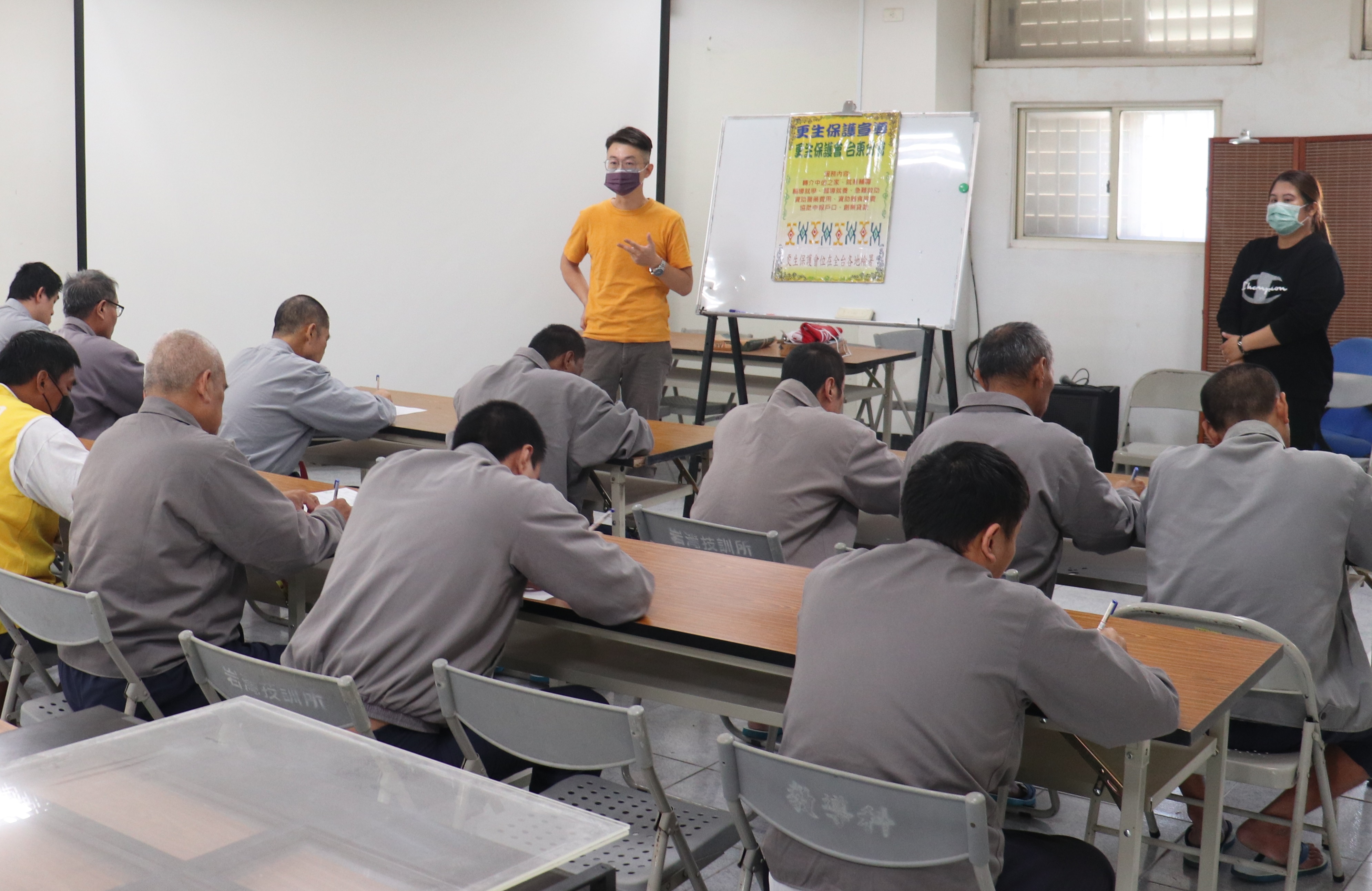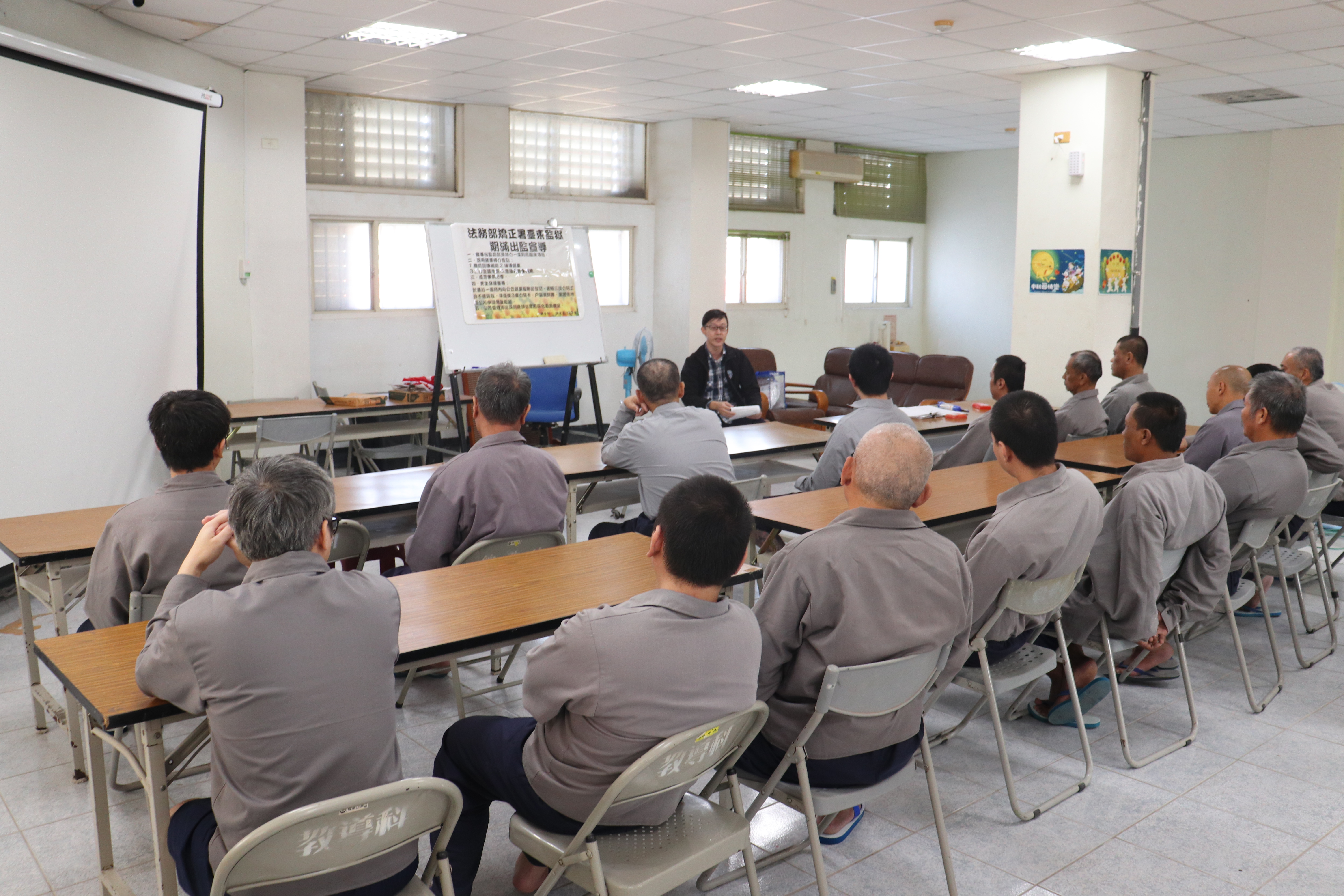Inmate Investigation Services
- Publication Date :
- Last updated:2025-07-11
- View count:824
The collection and investigation of inmate information involve applying various social science methodologies and skills to comprehensively gather data and establish scientifically informed and individualized case profiles. This process is critical for enabling proactive correctional treatment and educational support. It includes collecting data on inmates’ physical and mental conditions, criminal records, social and family backgrounds, occupations and skills. This information is analyzed and evaluated to formulate individualized treatment plans, which serve as the foundation for the inmate's correctional treatment.
I. Photo Archiving
Upon admission, inmates undergo photographic documentation including upper body front and side views, as well as full body front, back and side views. These photos are updated once a year for all inmates and are digitized and stored for the purposes of custodial management and identity record establishment.
II. Admission Orientation
Immediately after admission, inmates participate in an orientation program which explains the purpose of the penal system, regulations to be followed during incarceration, the progressive treatment system according to classification, conditions for parole eligibility, daily routines in prison, healthcare and hygiene and after-care protection services. Each inmate is issued an Inmate Life Handbook as a reference guide.
III. Admission Investigation
Following admission, the investigation team conducts a comprehensive assessment of the inmate’s identification details, physical and mental health, criminal history and prior offenses, social and psychological background, occupational skills and social welfare or protection needs. These investigations are conducted through direct interviews, indirect sources and psychometric evaluations. Based on the findings, an individualized treatment plan is developed and submitted to the Investigation Review Committee for consideration.
IV. Investigation Review Committee
The Investigation Review Committee is responsible for reviewing and making decisions on matters related to the data collected during inmate admission investigations, individualized treatment plans, follow-up assessments during incarceration and pre-release evaluations.




